
Alexa Koenig
Co-Faculty Director; Director, Investigations
Human Rights Center
Bio
Alexa Koenig, PhD, MA, JD, is Co-Faculty Director of the Human Rights Center; Director of HRC’s Investigations Program; and Research Professor of Law at Berkeley Law, where she teaches classes that focus on the intersection of emerging technologies and human rights; and a lecturer in the investigative reporting program at Berkeley Journalism. Alexa co-founded the Investigations Lab, which trains students and professionals to use social media and other digital open source content to strengthen human rights research, reporting, and accountability. Alexa is an advisory board member of Physicians for Human Rights, a member of the Technology Advisory Board for the Innovation Lab at Human Rights First, and a co-founder of the University of California Digital Investigations Network. She previously helped establish and co-chaired the Technology Advisory Board of the Office of the Prosecutor at the International Criminal Court; co-chaired the International Bar Association’s Human Rights Law Committee; served on the American Association for the Advancement of Science’s Committee on Scientific Freedom and Responsibility; and was a member of the University of California’s Presidential Working Group on Artificial Intelligence, for which she co-chaired the Human Resources subcommittee. Alexa has been honored with several awards for her work, including the United Nations Association-SF’s Global Human Rights Award, UC Berkeley’s Mark Bingham Award for Excellence, and the Eleanor Swift Award for Public Service. She has also been honored with a residency at the Rockefeller Foundation’s Bellagio Center (2019), with multiple writing residencies at Mesa Refuge, as a Woman Inspiring Change by Harvard’s Women’s Law Association (2020), and as one of “100 Brilliant Women in AI Ethics” by Women in AI Ethics (2022). She directed development of the Berkeley Protocol on Digital Open Source Investigations and has conducted trainings on open source investigation methods at organizations around the world. Alexa has a BA from UCLA in World Arts and Cultures summa cum laude, a JD from the University of San Francisco with a specialization in cyberlaw and intellectual property magna cum laude, and both an MA and a PhD from UC Berkeley’s Jurisprudence and Social Policy Program with honors.
Books
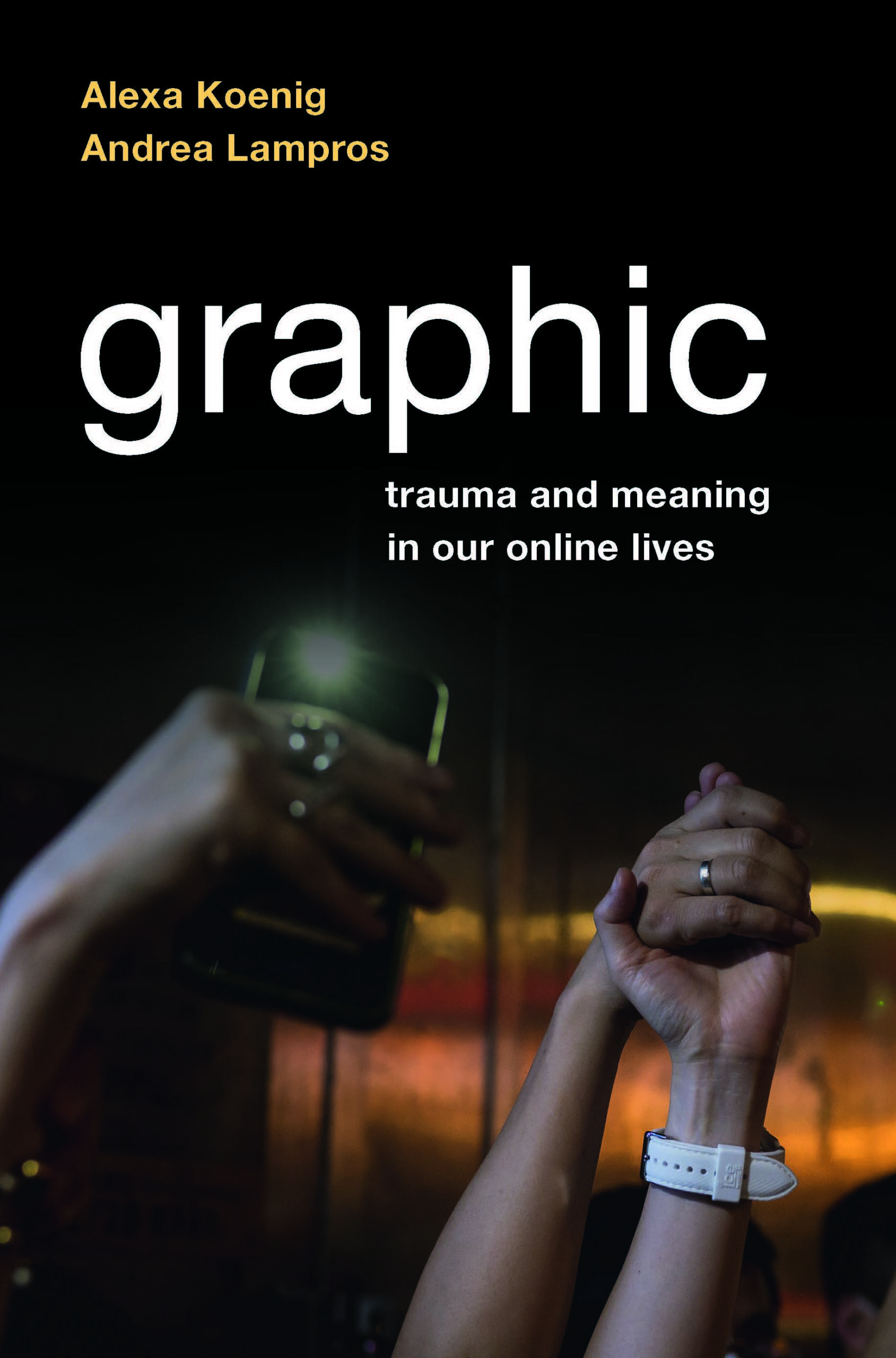
September 14, 2023
Graphic: Trauma and Meaning in our Online Lives
View Publication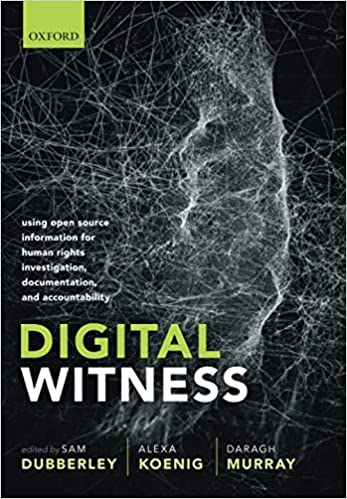
December 19, 2019
Digital Witness: Using Open Source Information for Human Rights Investigation, Documentation and Accountability
View Publication
August 16, 2017
Hiding in Plain Sight: The Pursuit of War Criminals from Nuremberg to the War on Terro
View Publication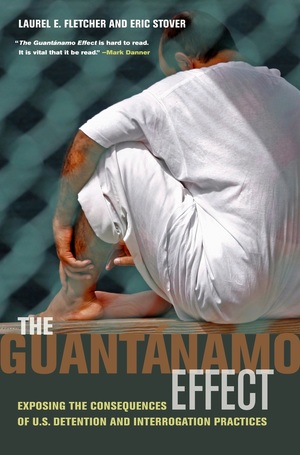
September 17, 2009
The Guantánamo Effect: Exposing the Consequences of U.S. Detention and Interrogation Practices
View Publication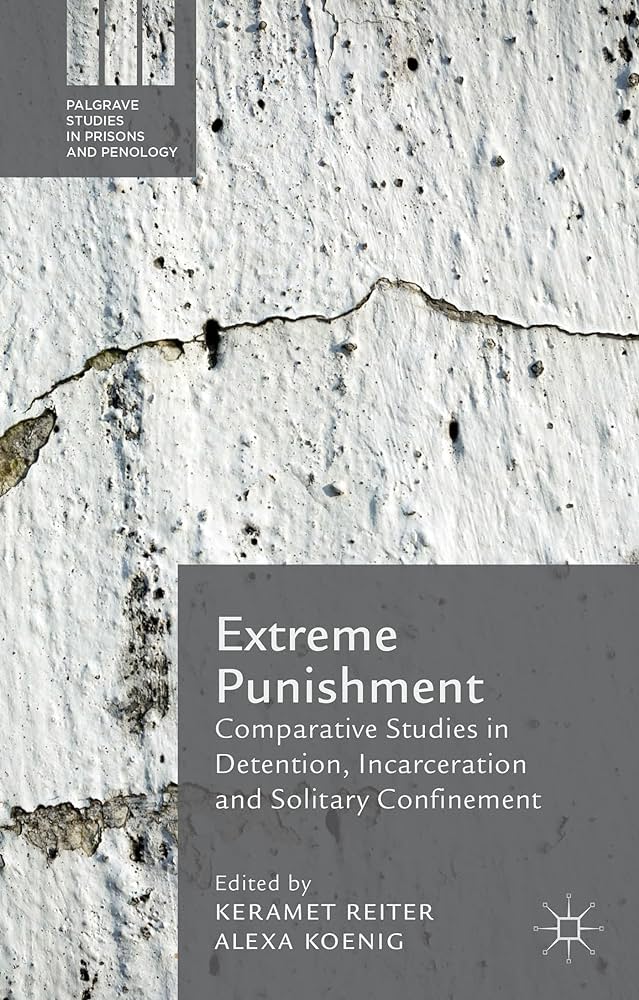
August 6, 2015
Extreme Punishment: Comparative Studies in Detention and Solitary Confinement
View PublicationPublications
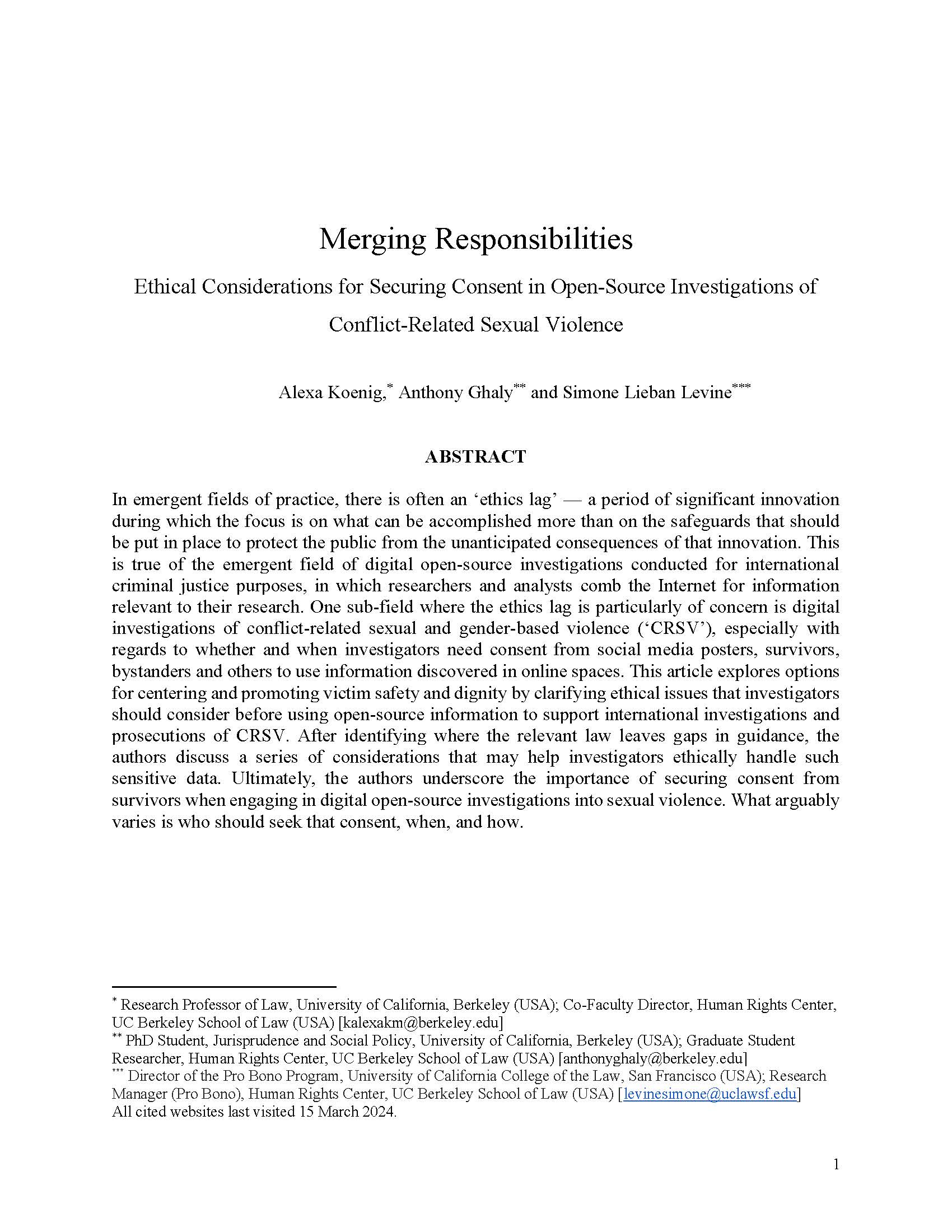
July 11, 2024
Merging Responsibilities: Ethical Considerations for Securing Consent in Open-Source Investigations of Conflict-Related Sexual Violence
View Publication
February 26, 2024
Ethical Considerations for Open-Source Investigations into International Crimes
View Publication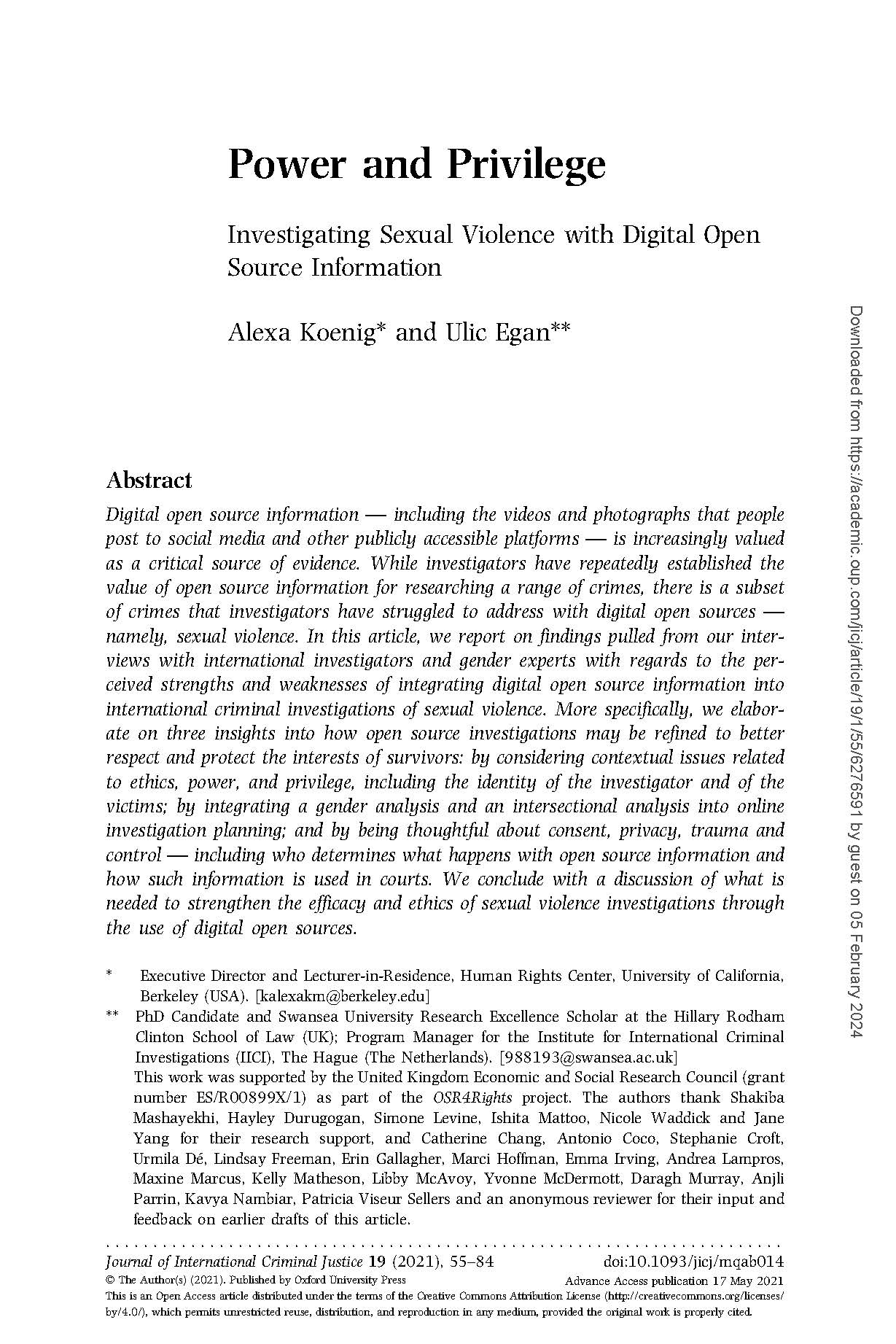
May 17, 2021
Power and Privilege: Investigating Sexual Violence with Digital Open Source Information
View Publication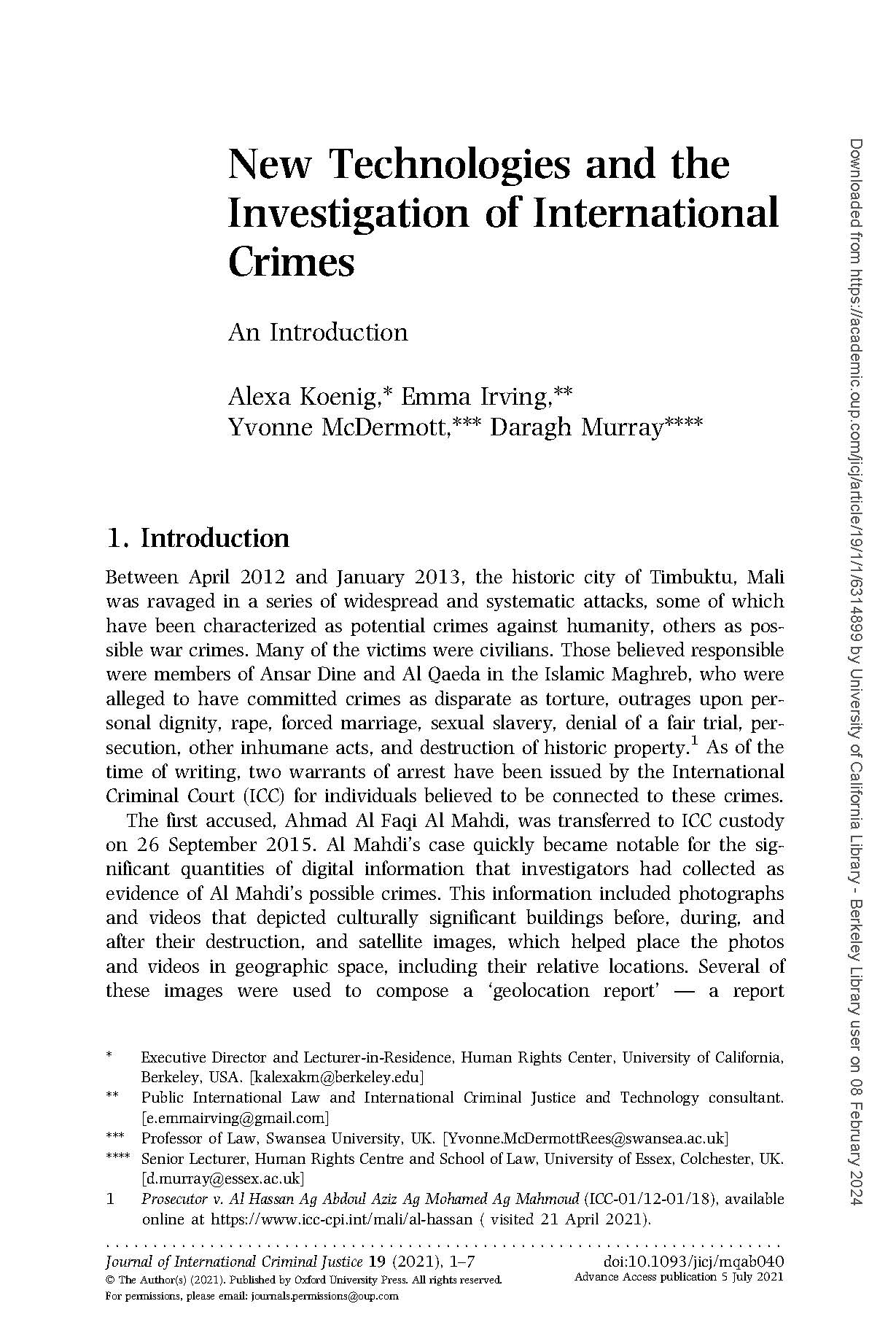
July 5, 2021
New Technologies and the Investigation of International Crimes: An Introduction
View Publication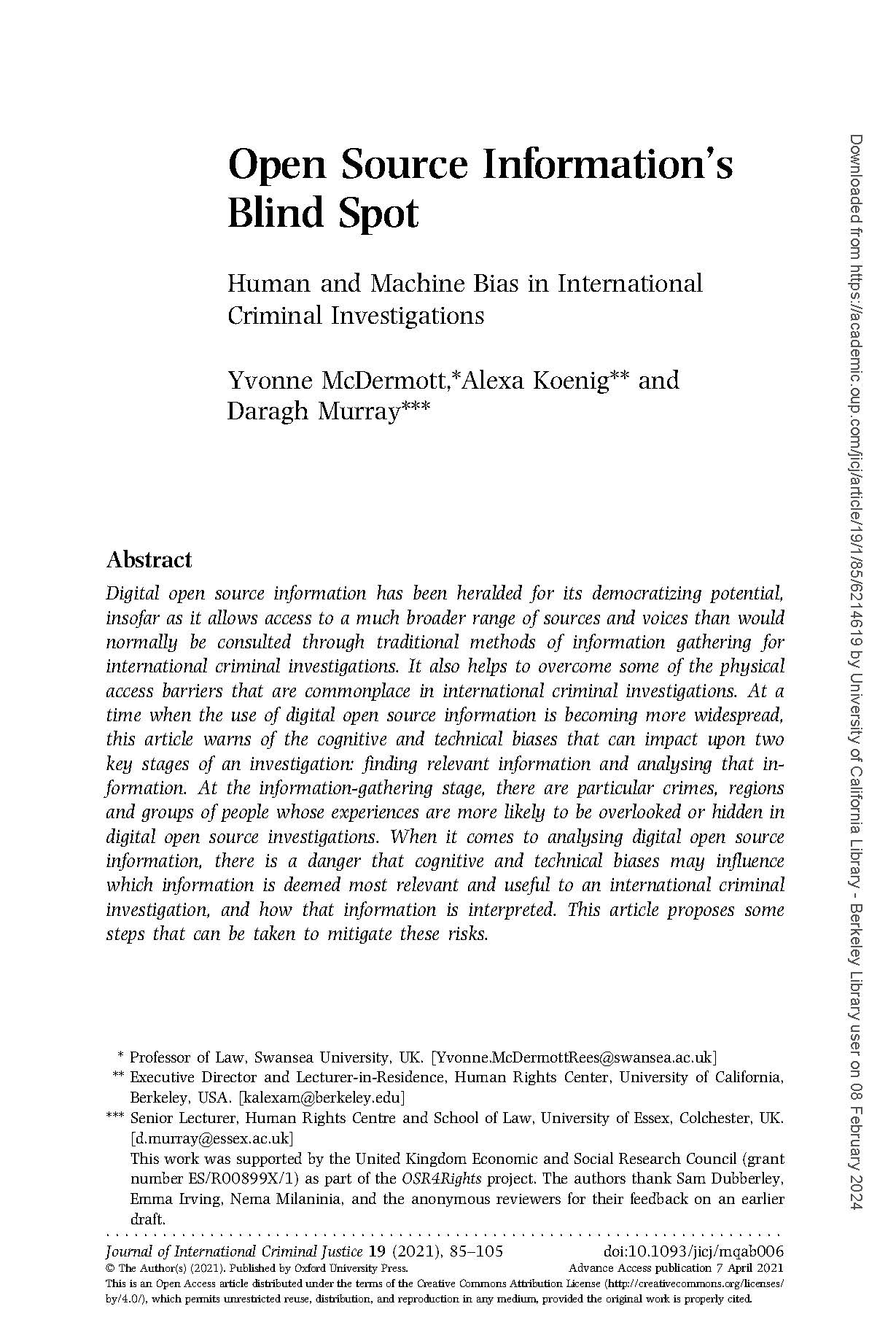
April 7, 2021
Open Source Information’s Blind Spot: Human and Machine Bias in International Criminal Investigations
View Publication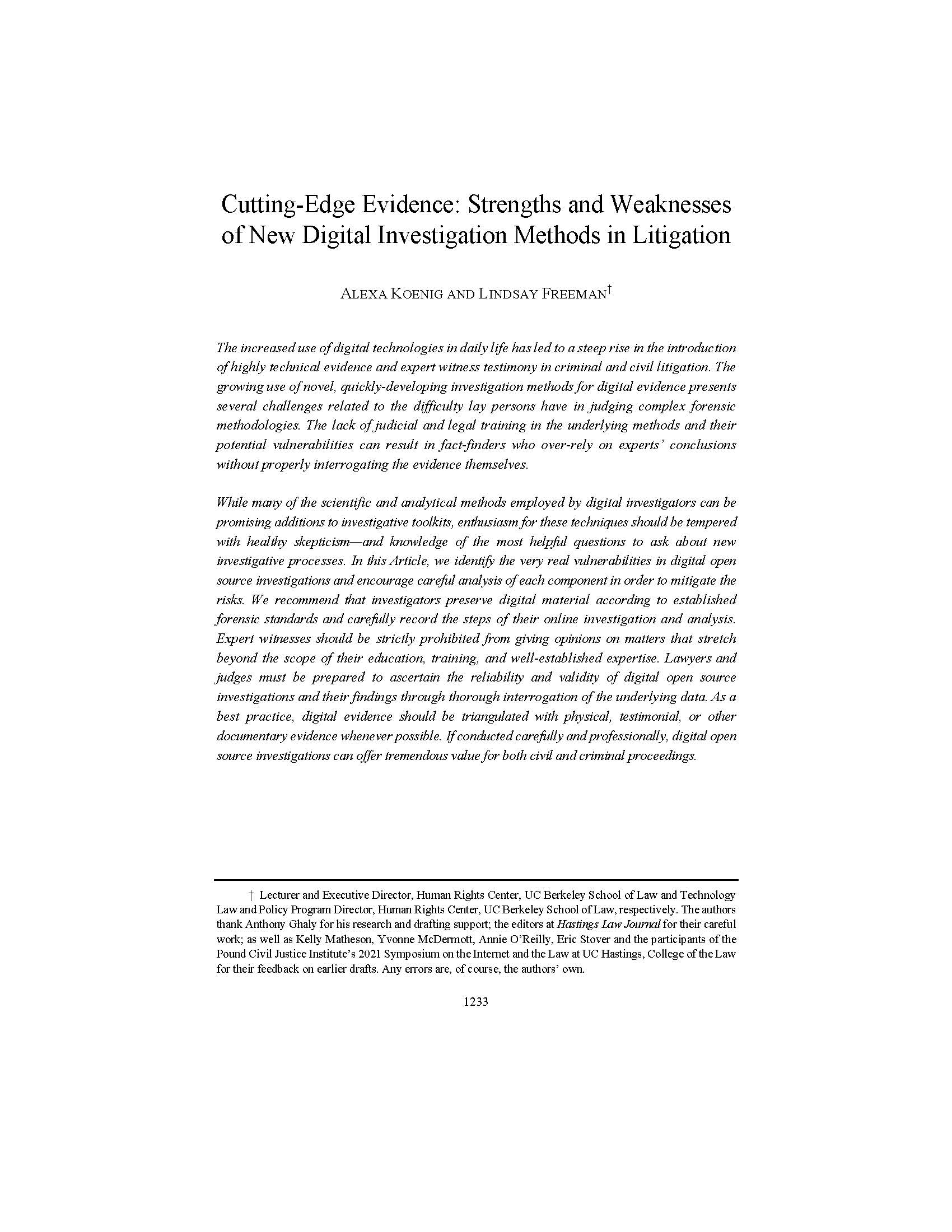
July 1, 2023
Cutting-Edge Evidence: Strengths and Weaknesses of New Digital Investigation Methods in Litigation
View Publication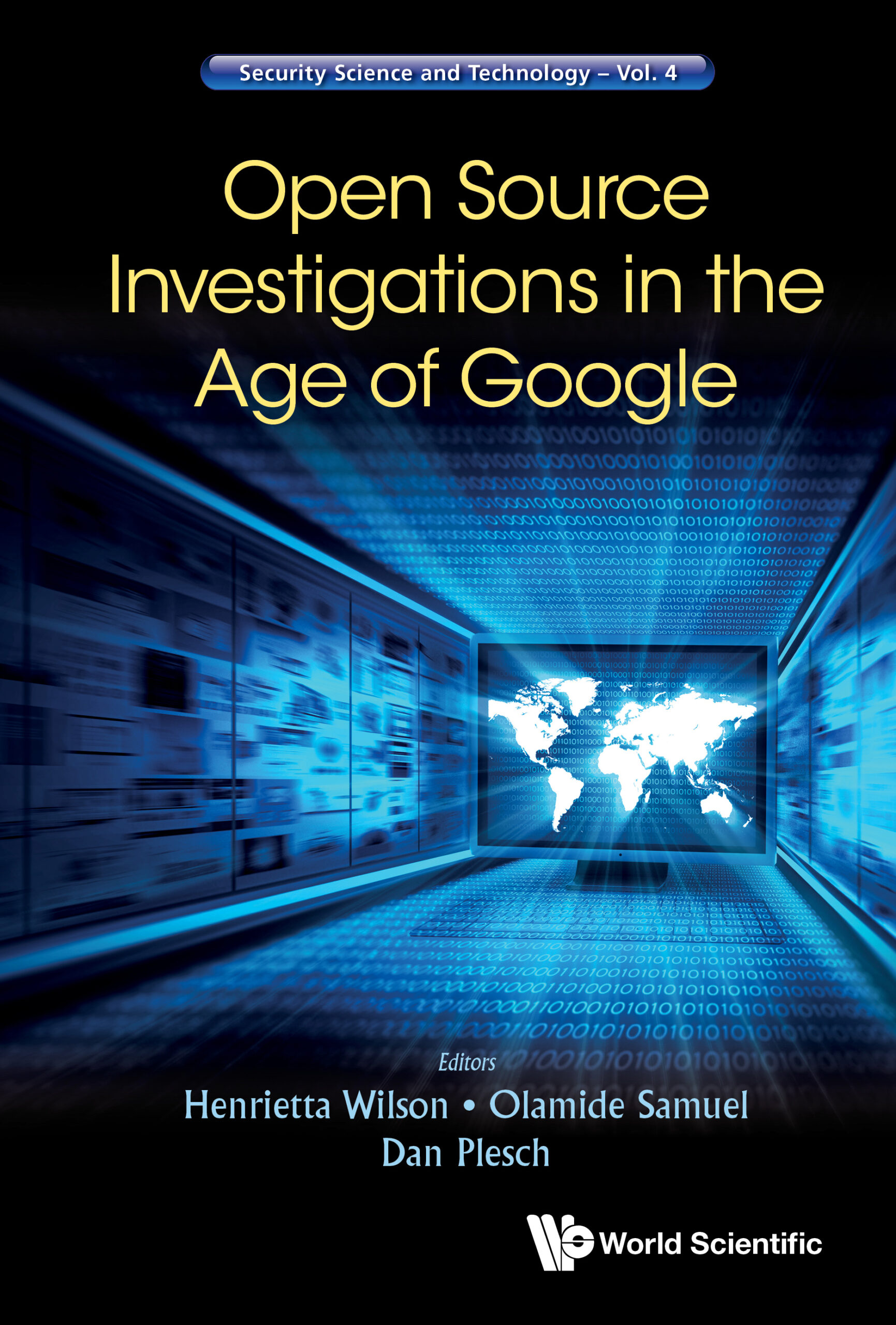
March 19, 2024
Links in the Chain: How the Berkeley Protocol is Strengthening Digital Investigation Standards in International Justice
View Publication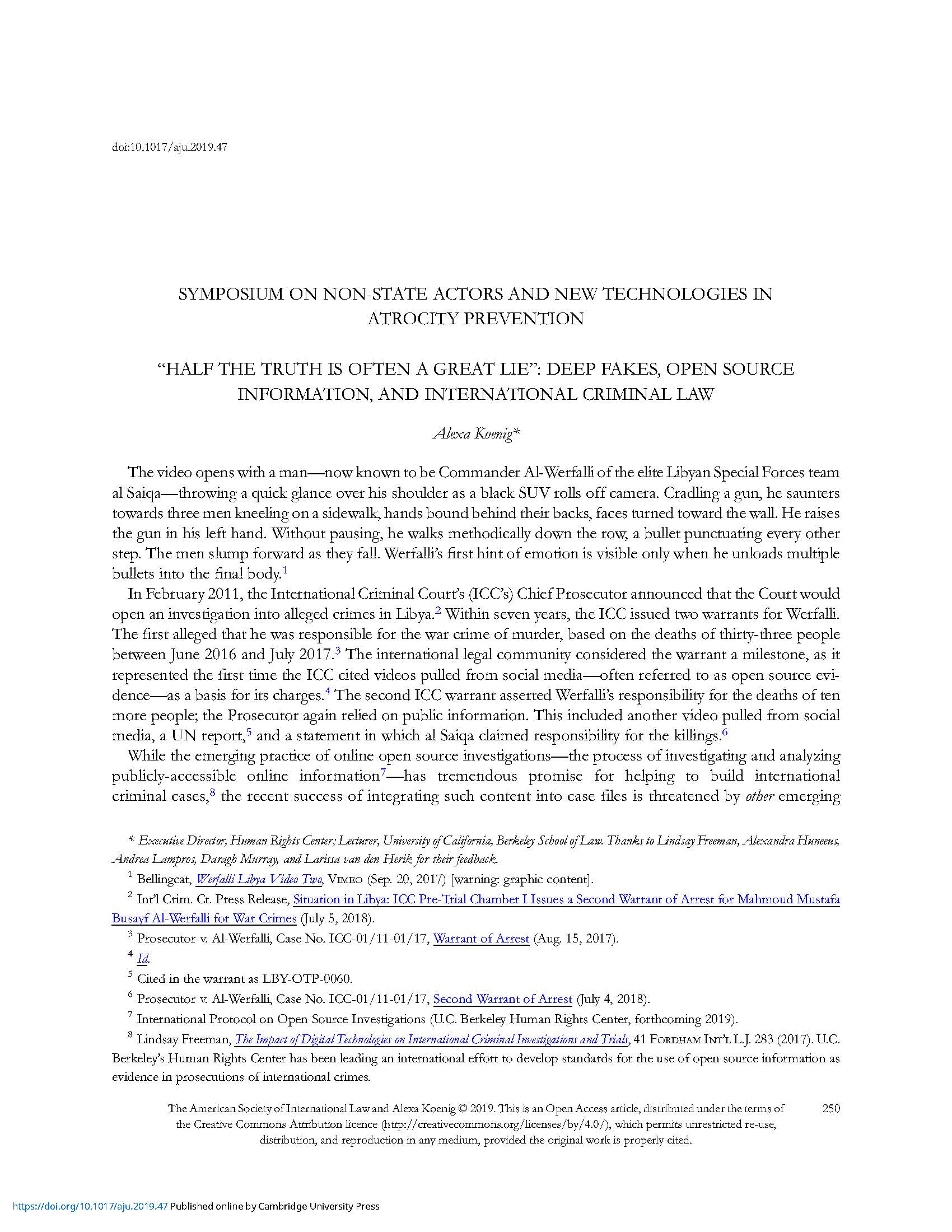
August 19, 2019
“Half the Truth is Often a Great Lie:” Deep Fakes, Open Source Information, and International Criminal Law
View Publication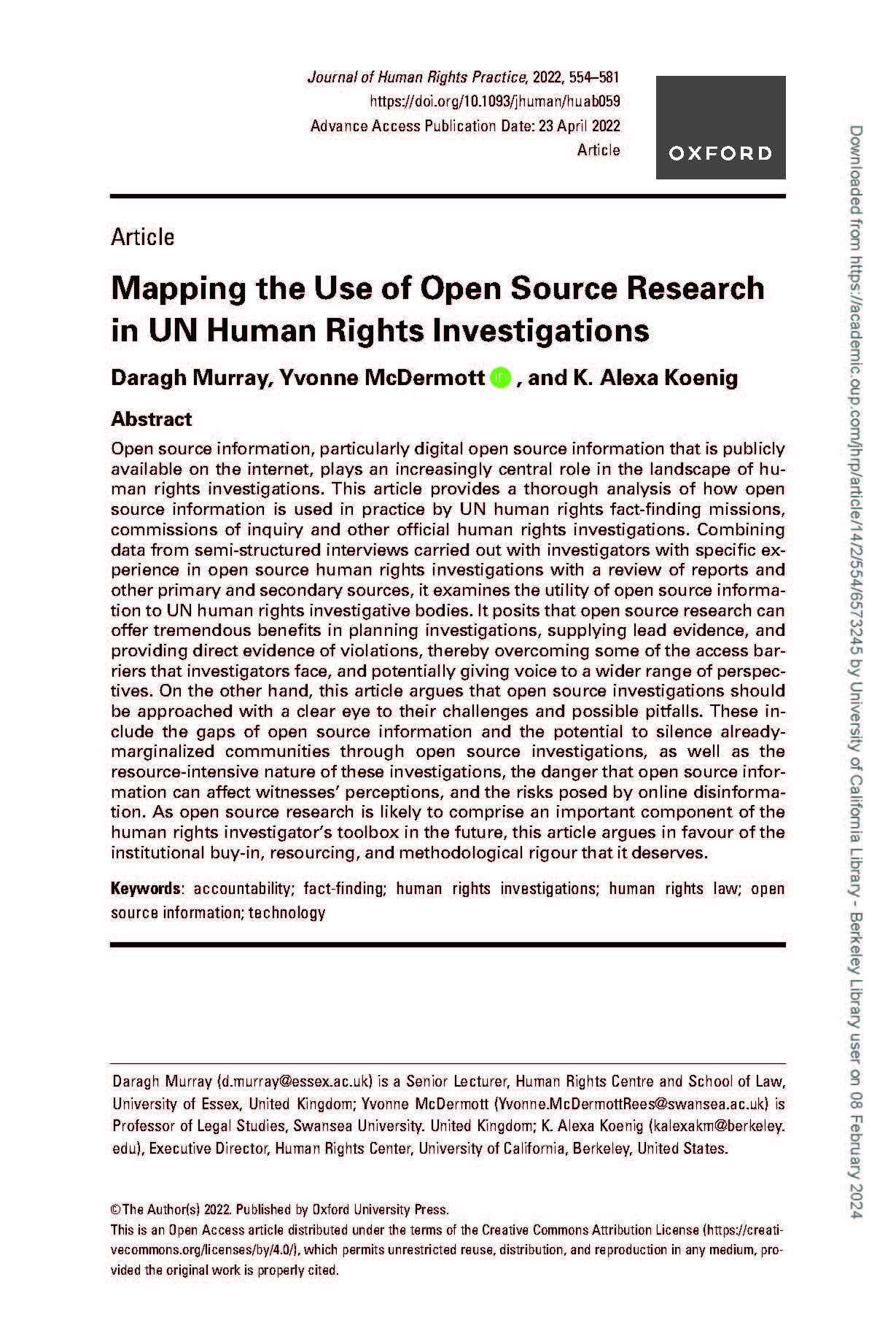
April 23, 2022
Mapping the Use of Open Source Research in UN Human Rights Investigation
View PublicationClasses
- Human Rights and Social Justice Writing Workshop, with Eric Stover (Law 262.65)
- Open Source Investigations (J264B / L224 Spring 2024: Open Source Investigations II), with Gisela Pérez de Acha and David Barstow
- Human Rights and War Crimes Investigations, with Eric Stover (L262.68)
Media Appearances

60 Minutes, May 22, 2022
Bellingcat: The online investigators tracking alleged Russian war crimes in Ukraine
Discussed the use of OSINT tools by civilian investigators, the important standards set by the Berkeley Protocol, and the utility of OSINT in war crimes investigations in Ukraine and beyond.
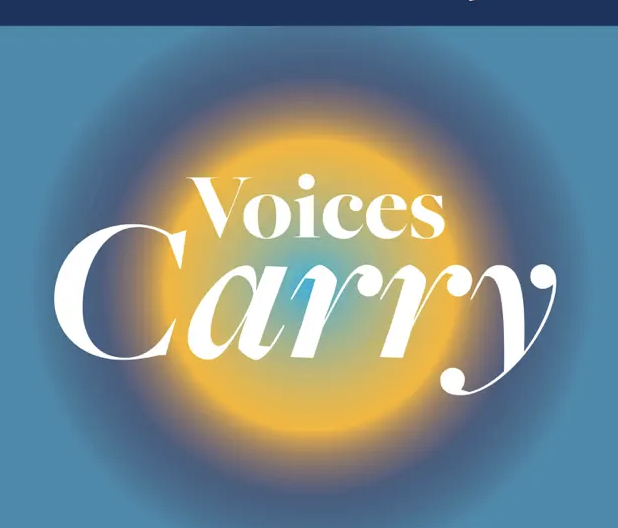
Voices Carry Podcast, November 10, 2023
How to Process Disturbing Imagery
Explored themes present in “Graphic: Trauma and Meaning in our Online Lives.”
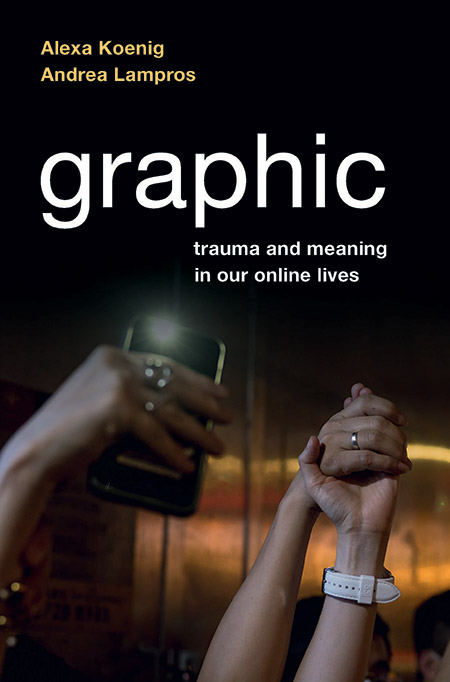
Tech Policy Press Podcast, September 24, 2023
Graphic Content, Trauma and Meaning
Explored themes present in “Graphic: Trauma and Meaning in our Online Lives.”
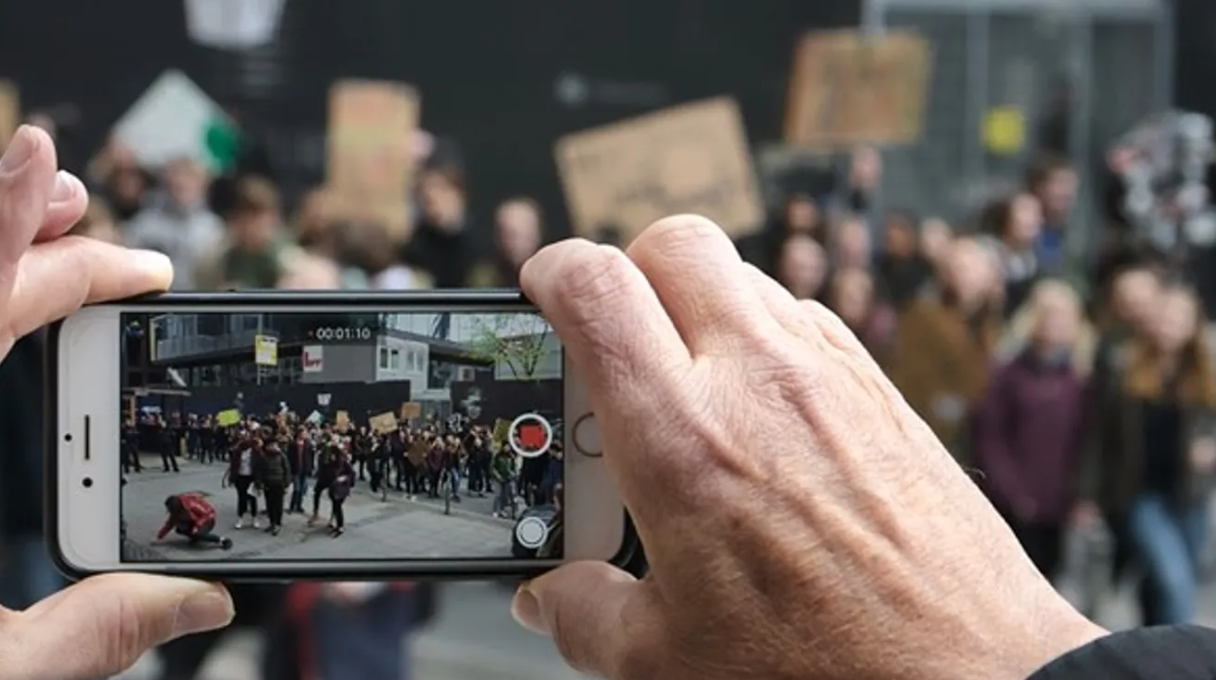
Lawfare Podcast, April 14, 2022
Bringing Evidence of War Crimes From Twitter to the Hague
Discussed open source information used as evidence in potential war crimes prosecutions.

The Economist, February 21, 2019
Fake news v fact: The battle for truth
Discussed open source research methodologies and the Investigations Lab’s investigation of atrocities in Myanmar, Syria, and Yemen.
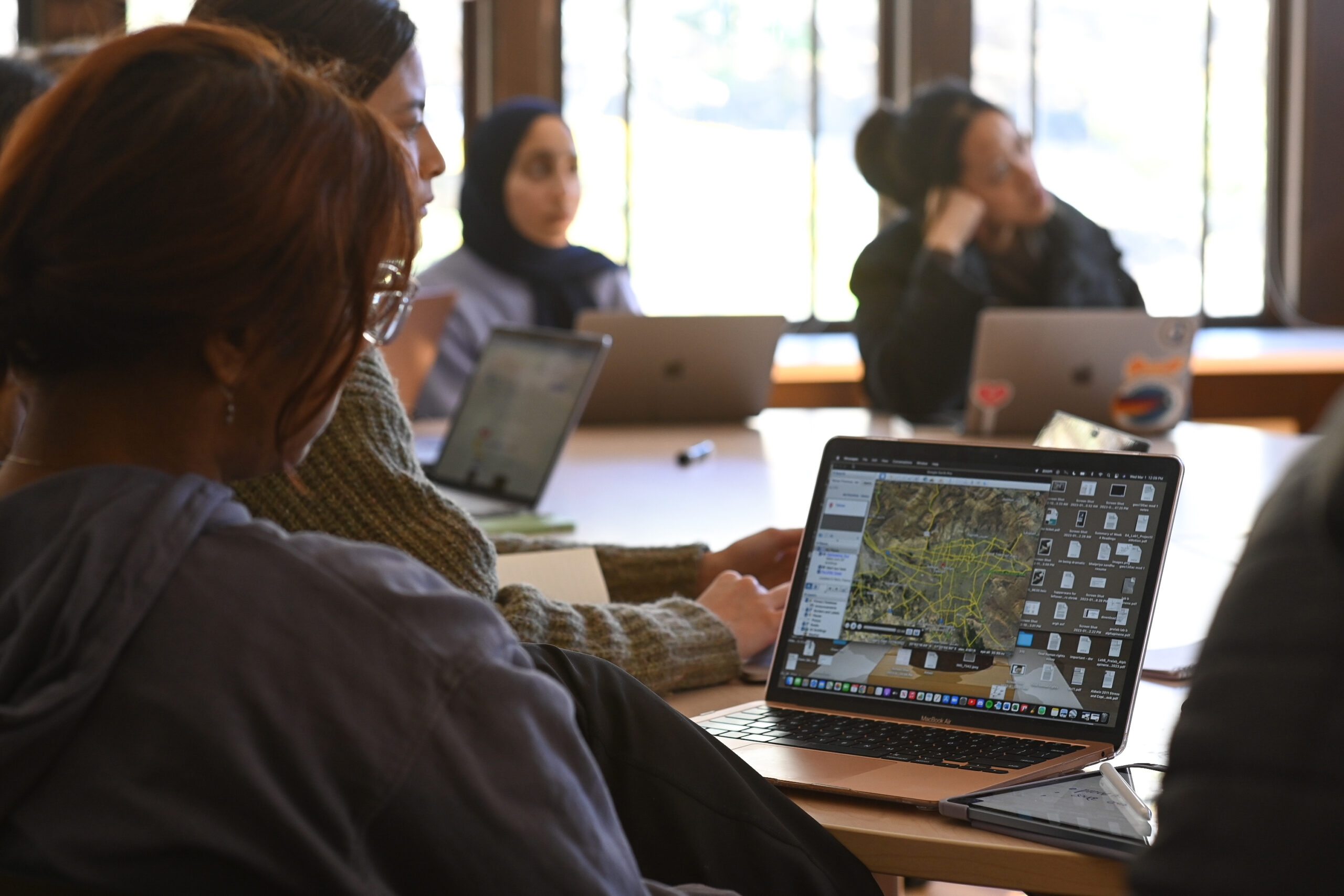
ABC 7 News, July 13, 2017
UC Berkeley students work to authenticate photos, videos from conflict zones
Explained work of the Human Rights Investigations Lab and cross-campus collaboration resulting in the Amnesty International Digital Verification Corps.
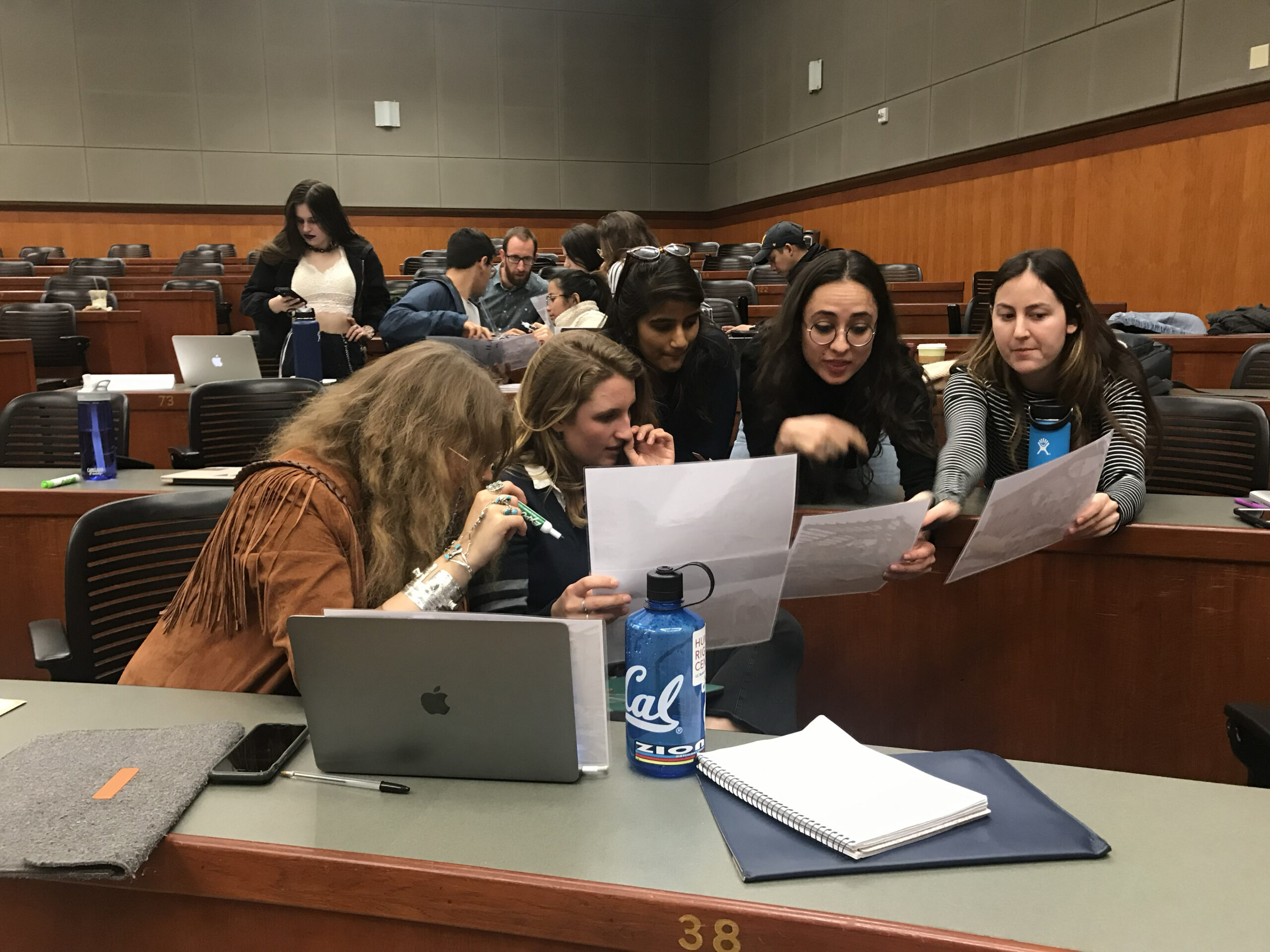
PBS NewsHour, February 13, 2017
A new generation of human rights investigators turns to high-tech methods
Discussed the launch of the Human Rights Investigations Lab.

Aloud Podcast, January 17, 2017
Hiding in Plain Sight: The Pursuit of War Criminals from Nuremberg to the War on Terror
Alexa Koenig, Victor Peskin and Eric Stover examined the global effort to capture the world’s most wanted fugitives in their book “Hiding in Plain Sight.”